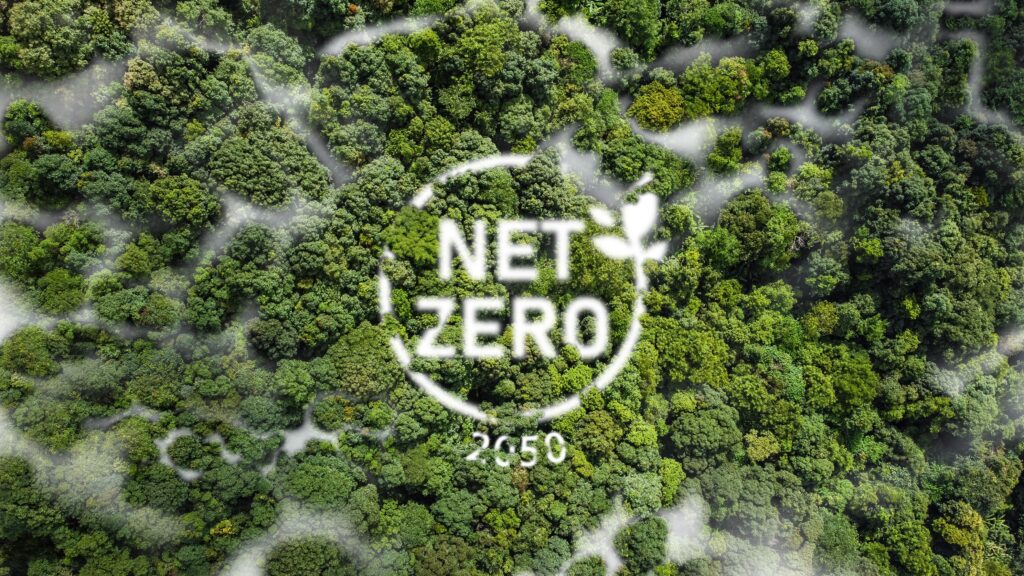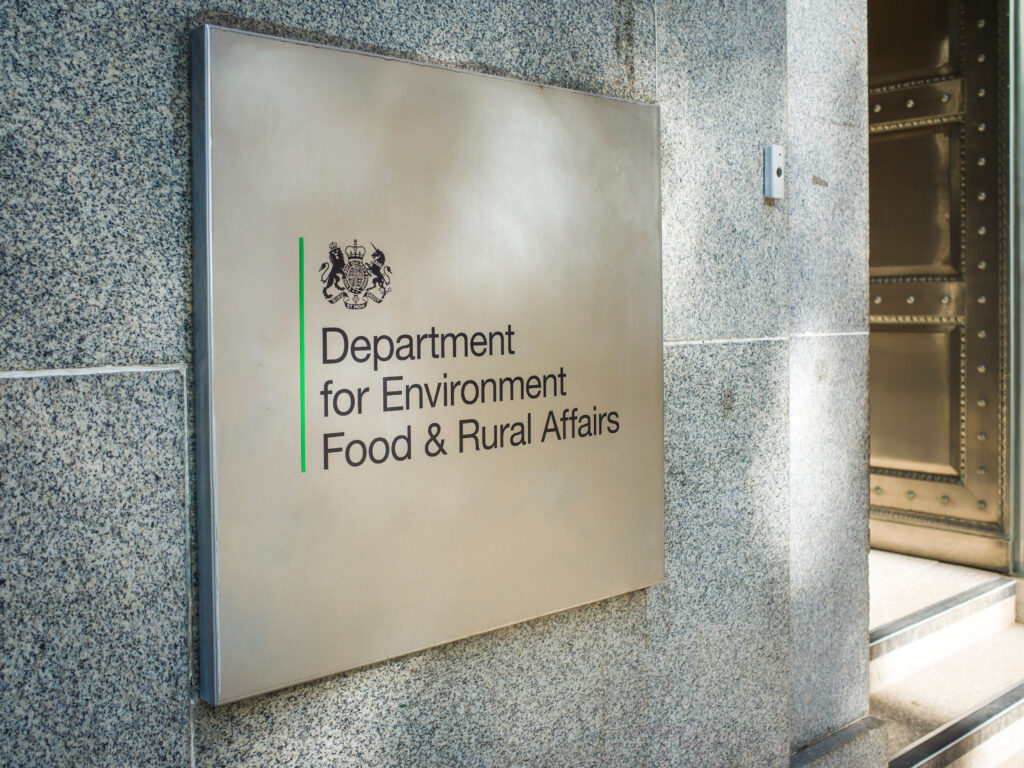The call came today (27 March) from the National Infrastructure Commission (NIC) in its annual assessment of the government’s progress on implementing its commitments on infrastructure.
The Commission is an executive agency of theTreasury, providing government with expert advice on long term infrastructure challenges.
The review noted that while the ambition to incinerate less and recycle more is indicated in the Resources and Waste Strategy, “key consultation responses have been delayed and delivery dates pushed back”. This includes consistency in recycling, which hinders progress on both recycling and food waste. The NIC warned that unless clear rollout plans are put in place now, the 2025 target for universal collections will be at risk.
It highlighted that although the Spending Review 2021 committed £295 million capital funding for local authorities in England to meet the food waste collection target, “more detail is needed on how exactly funds will be distributed and startup costs met”.
The NIC urged the government to proceed with the consistency proposals and to finalise the extended producer responsibility and deposit return scheme in 2023.
Targets
The report listed recommendations from the NIC’s first assessment, measuring the government’s progress against these.
They included a target for recycling 65% of local authority collected waste and 75% of plastic packaging by 2030. Some of the recommended steps to enable these included consistency in recycling for households and businesses as well as clear labelling. The NIC also recommended setting individual targets for all local authorities which the government didn’t endorse. Instead, it is developing non-statutory performance indicators to replace the weight-based recycling targets.
The review pointed out that with recycling rates stagnating since the mid-2010s and the increase in plastic packaging recycling rates also slowed, the government is not on track to meet its own proposed target to recycle 62% of plastic packaging by 2030. It however noted that in recent years, the proportion of local authorities collecting food waste separately has increased to around 43%.
According to the NIC, a step change is now required in order to offset “years of stagnation” and meet the government’s own targets on recycling and separate food waste collection. The commission then emphasised that “focus must shift from strategy to delivery”.
Energy from waste
The document continued that if emissions from energy from waste (EfW) plants are accounted for, greenhouse gas emissions from waste have increased since the mid-2010s. These have been displacing emissions from natural gas and coal plants in the power sector, therefore not leading to an overall increase in emissions, it explained.
However, to meet the government’s aim of decarbonising the power sector by 2035, emissions from energy from waste plants will now need to be eliminated, the NIC noted.












Subscribe for free